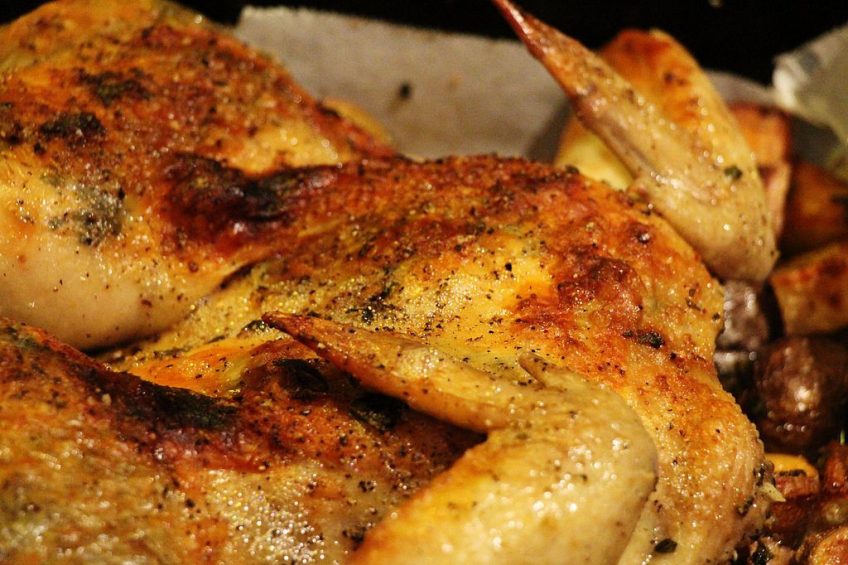Row brewing over definition of lab-grown meat products

Cultured meat company Memphis Meats, which has attracted financial support from poultry giants Tyson Foods and Cargill, has called on the US Department of Agriculture (USDA) to deny a meat definition petition submitted by the US Cattlemen’s Association.
Memphis Meats has told USDA’s Food Safety and Inspection Service that their cultured products “meet the statutory and regulatory definition for “meat” and “beef” products and can therefore be labelled as such.”
Their response follows a petition lodged in February by the US Cattleman’s Association, which called on the agency to limit the use of beef to “product from cattle born, raised and harvested in the traditional manner… rather than coming from alternative sources” such as plant-based or lab-grown methods.
Memphis Meats has said the company will make it abundantly clear that animals were not raised or slaughtered to produce the meat in question but has added it will undertake extensive consumer labelling exercises to see how it can best communicate this.
The definition of meat debate
The meat definition is becoming an increasingly lively one in both the US and in Europe. Members of the Missouri House of Representatives voted to outlaw companies selling lab-grown meat products or meat substitute from labelling them as “meat”.
A farmer politician in France managed to get a law passed that bans vegetarian companies from calling their products ‘sausages’, ‘mince’ or ‘bacon’.
Need for alternative protein products
The row comes at a time when there is growing demand for alternative protein products. The Impossible Burger, an entirely plant-based patty is now served in more than 1,000 restaurants in the US. The Guardian reported this week that food tech companies are harnessing techniques first developed for biomedical uses.
The DNA for hemeprotein, found in the roots of soy plants and used in the Impossible Burger, is encoded by genetic modification into a yeast, which is then brewed. The protein, identical to the soy original, is then separated and no GM material ends up in the burger.
Creating egg proteins
The same yeast fermentation technique is being used by other companies to make egg proteins that are identical to the originals. Clara Foods, based in San Francisco, is targeting the egg white, which foams, gels and binds in a range of recipes.
The company has produced animal-free egg white in the lab and is now working on scaling up and putting products on sale by the end of next year.
Arturo Elizondo, Clara Foods chief executive, told the paper: “I looked into how incredibly unsustainable animal agriculture is – it really blew my mind. There are more chicken in the US than people, each confined to the area of a piece of paper and never seeing daylight.”








